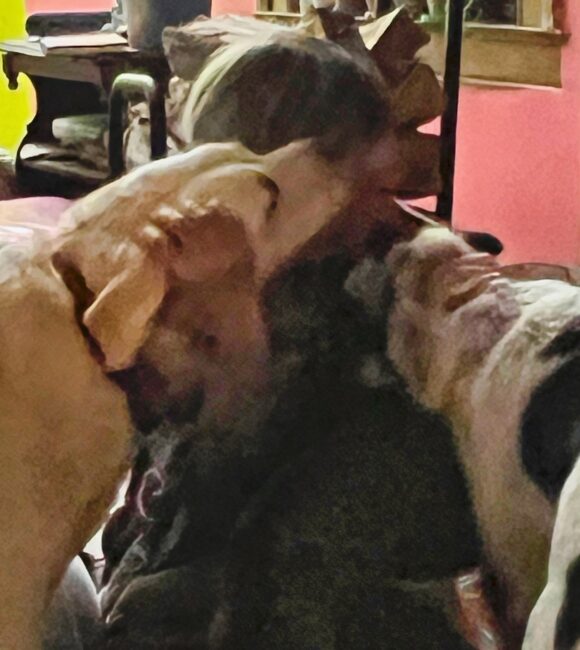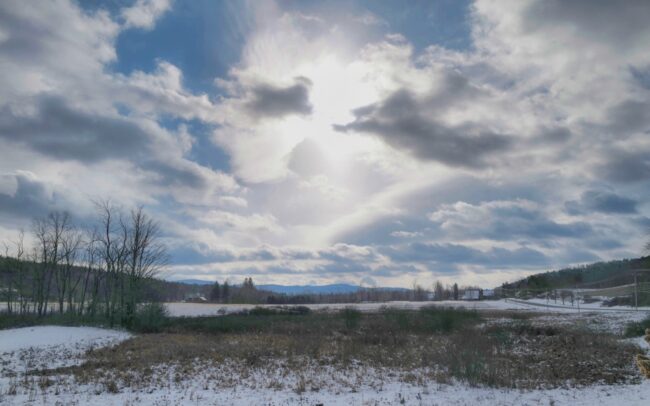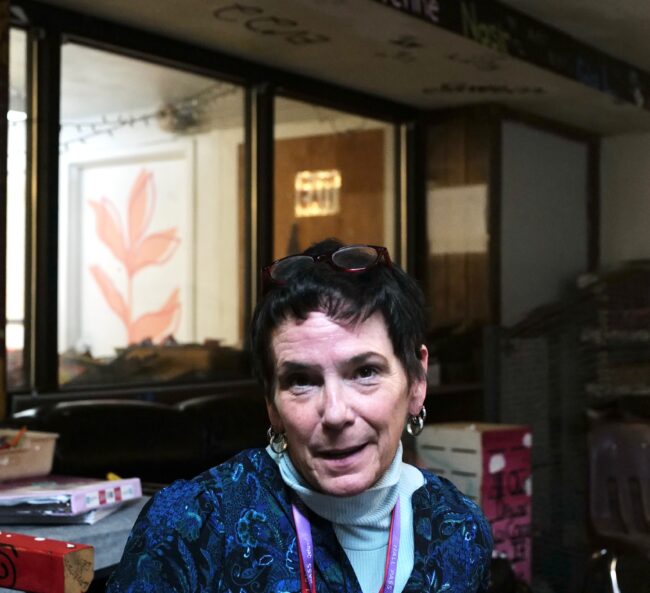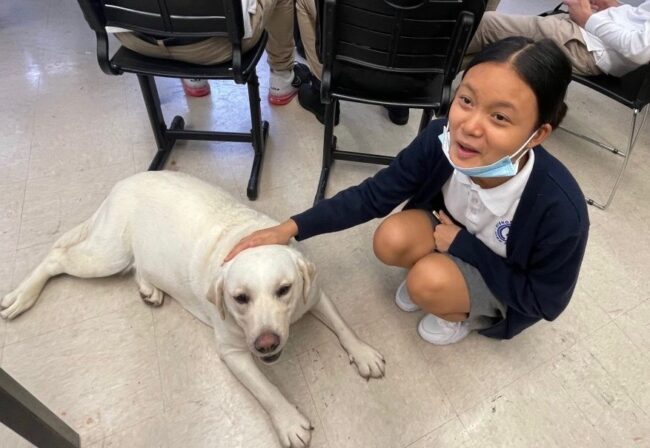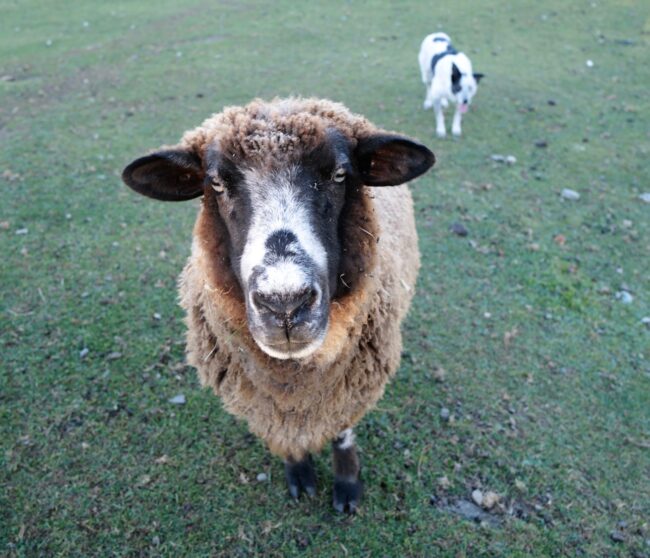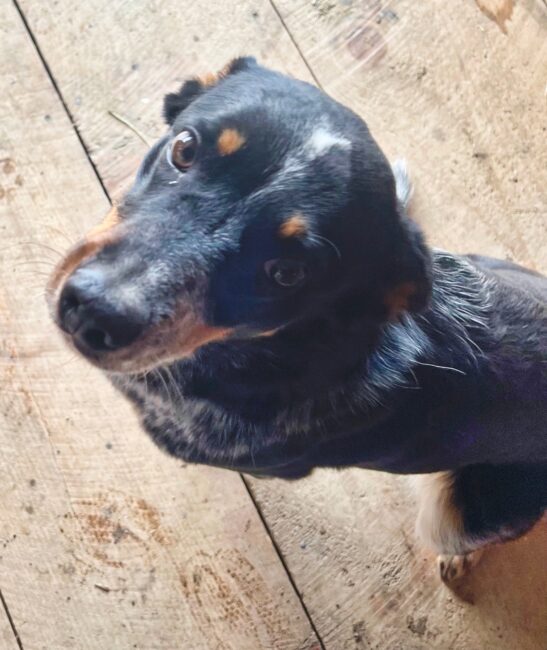Just around the time I Ran To The Mountain in 2000 and left my familiar life behind, I discovered the idea of Christian Humanism, the world-changing culture embraced during the thousands of years between the Patristic Age and the Renaissance, which introduced our poor, ignorant, primitive and violent world to the idea of life, sanity, peace, art, charity, joy and the power of creativity.
I began reading the teachings of Jesus Christ, who called for a kindler and more compassionate world, and the ideas of St Augustine, who taught that all creation is defined by the truth.
And Thomas Merton, one of Christianity’s great modern humanists, who wrote there is “no doubt whatever, even in the minds of those who attack Christianity, that the culture of medieval Christendom and the humanism of the Christian and European Renaissance represented decisive steps in man’s growth.”
These teachings enchanted me, and they inspired me. They lit a flame inside of me. I had never taken the time to read them before, and alone up on my mountain, all I did was read.
I was always a Wandering Jew, especially then, drifting from Judaism to Quakerism to Buddhism and back to Christianity again.
I remember taking my dog Rose and my sheep up into the woods, where I read St. Augustine aloud to them like some deranged mystic: “The good man, though a slave, is free. The wicked, though he reigns, is a slave.” And “Faith is to believe what you do not see; the reward of this faith is to see what you believe..”
I sometimes forget how these prophets and philosophers brought humanism to a brutal, moral, and primitive world. I suppose I never knew it in the first place. These were not philosophers we studied in my Jewish neighborhood.
I am not a Christian and don’t wish to be one; I need the freedom to browse through different faiths and ideas. But Christian Humanism changed and shaped my life and gave it focus. I’m missing it in our world. I’m well aware of the Jewish-born Quaker and seeker who found the most outstanding Christian theologians but woke up to see that true Christianity itself seems to have gone away.
These were thinkers who changed the world.
I began to explore and embrace the idea of doing good with my life, comforting the needy and the vulnerable, and seeking a life of truth and honesty. I’ve been searching for this life ever since and am inching closer to it, but still a good way off. I doubt I’ll ever fully get there. This kind of life had focus and meaning, things I felt I had lost sight of in mine.
This culture rocked the earth and is still responsible for so many of our values, institutions, and sense of morality. I don’t worship Christ or St. Augustine, but I learned from them and others, and I began to follow their teachings. I’ve never been a devout or religious person; this was new and mesmerizing ground for me.
Thomas Aquinas introduced me to the power of mercy and faith.”To one who has faith, no explanation is necessary. To one without faith, no description is possible.” He wrote that kindness to animals taught us mercy and that friendship is the source of our greatest pleasures.
I learned from these thinkers that honesty was sacred, not a social choice, and that truth was a great value that could never be discarded.
Recently, I began reading the writings of St. Therese, a Christian Humanist, who taught the importance of the little things, the small deeds, the “little flowers” of kindness, as she called them.
Christian Humanism – the value of kindness and empathy – excited me and woke me up, and helped me point my life gradually but steadily in a different direction. I was on a hero journey, and the Christian Humanists were my guides and magical helpers.
I went on to read the Humanistic Intellectuals of Christianity – Jakob Wimpfelling, John Colet, and Thomas More. I got all the way to Desiderius Erasmus, commonly known as Erasmus, who was considered the father of Christian Humanism. Erasmus was a Catholic Priest who worked to elevate academic scholarship among writers, artists, and the Christian faithful.
I loved and related to so many of their ideas and read them almost every day.
My office is cluttered with their books and writings. These were brand new ideas in the world, and for all their troubles and failings, they spread the idea of kindness and truth worldwide.
“Kindness and good nature unite men more effectually and with greater strength than any agreements since thereby the engagements of men’s hearts become stronger than the bond and obligation of words,” wrote Thomas More.
Is this idea still alive, still around? Keeping this kind of faith is always a struggle, and I’m not even in the faith. Is it still being taught? It seems to be disappearing from our civic life.
I guess I was in a fog because I didn’t quite notice that Christian Humanism seems to be in hiding, rejected, abandoned, and ignored by so many people in the Christian Faith today. What a shame. Can ideas like that ever really die? Is a leader stirring to bring s back to them?
Christian Humanism elevated truth and kindness and honesty, and empathy. Yet, when I look around these days, I think of myself as wandering spiritually, and I wonder where the Christian Humanists have gone.
Organized religion has often failed in my mind to live up to the expectations and teachings of its founders, and I’ve never been drawn to organized religion or rigid and unyielding dogma. I never like people telling me what to think.
Almost every day, I see the excellent work the Catholic Church does to help the abandoned refugees of the world, people our country and our government have mostly left behind.
I also know the harm the Church has wrought in the world, the abuse, violence, and cruelty. It is possible to do good and evil at the same time.
Still, whenever I stick my head up from the refuge that is my life and my farm, I wonder what happened to Christian Humanism and the power of truth, honor, and mercy. These values are so easily and wantonly discarded, and so often by people of faith.
Where has Christianity gone? Lying is no longer considered wrong, yet alone a sin. I hear cruelty, judgment, and anger all around me, often from people who call themselves Christians or religious but who don’t seem to know what that means.
Of course, times change; we don’t live in the same world or a simple world; there is violence and struggle and genocide all around us, and our own civil culture has become harsh and cruel. We live with pressures, distractions, and complexities that were not imaginable a thousand years ago.
It’s hard to find a shared sense of morality and right or wrong; the Christian Humanist idea of loving our neighbors is a joke; even in great Churches, children are being taught to hate the pastors and the neighbors who dare to challenge them or think differently. Loving the other was an elemental value of Christian Humanism and a test of faith.
But if I’m speaking the truth, which I’m trying to do, I have to wonder where those Christians are now. I feel they have abandoned me sometimes, which is ridiculous. They owe me nothing.
“A secular culture questions the very possibility of an authentic Christian humanism,” writes Merton, “we live in a culture of revolution which declares religion to be a social mystification which diminishes man’s human stature, blunts his creativity and retards his growth towards maturity.”
The others are not around in modern times to address the question.
Perhaps the answer is that I need to define my spirituality and not depend on anyone else’s. I’m not giving mine up. I need to make it my own while acknowledging my great debt to these wonderful thinkers. Humanism is exactly what I feel is missing from our world.
But Aquinas’s plea echoes in my consciousness. To someone who has faith, no explanation is necessary. It’s up to me to keep the spirit alive, no matter what happens outside me.
It took me a while to find an Albert Schweitzer quote I found when I was on the mountain.
“In everyone’s life,” he wrote, “at some time, our inner fire goes out. It is then burst into flame by an encounter with another human being. We should all be thankful for those who rekindle the inner spirit.”
This is true. Many people in my life rekindle this inner spirit and keep it alive. I will always be grateful for the Christian Humanists who lit the flame for me.
And I am fully committed to keeping it alive.


